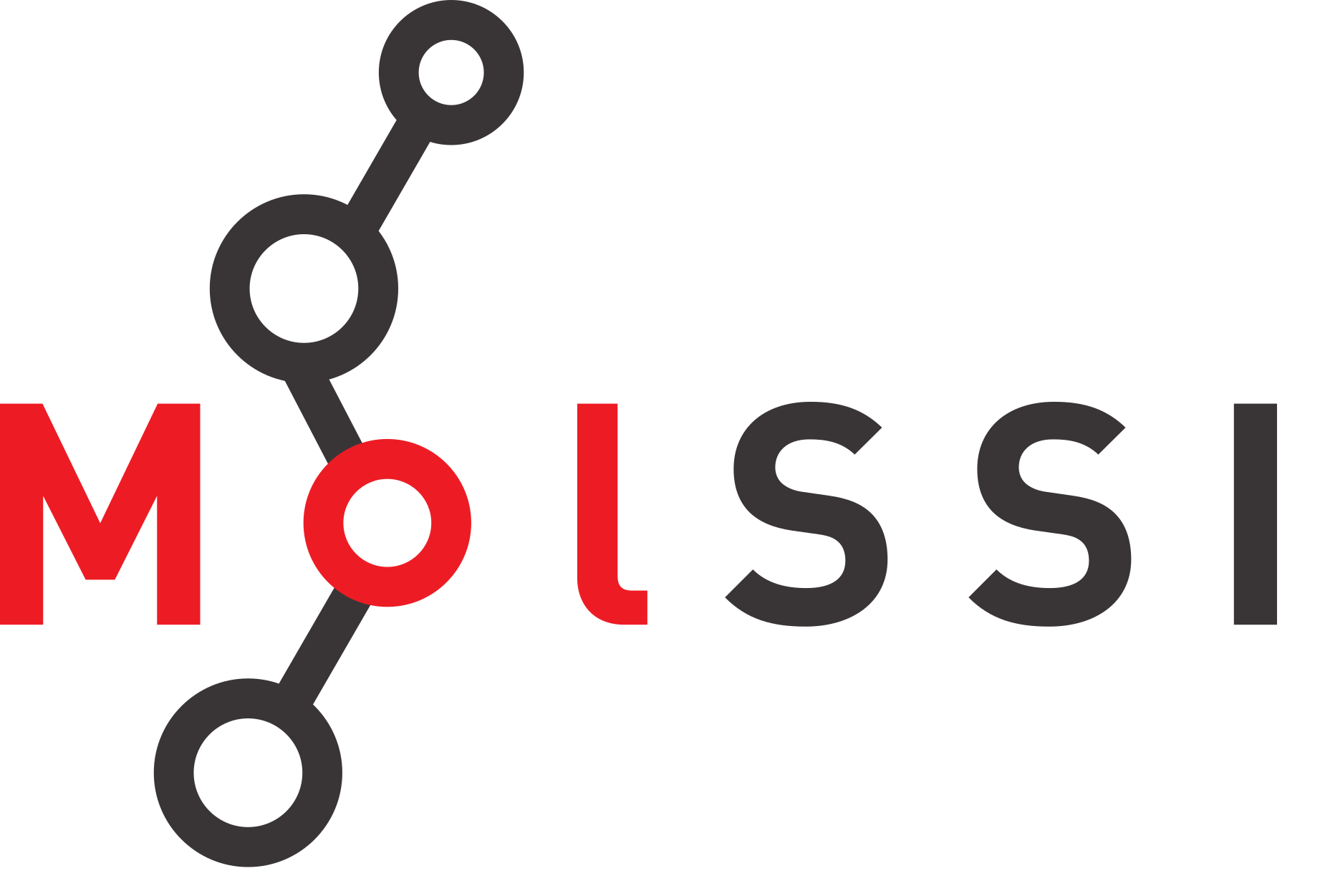
A platform for compute, managing, compiling, and sharing large amounts of quantum chemistry data
QCArchive is a platform that makes running large numbers of quantum chemistry calculations in a robust and scalable manner accessible to computational chemists. QCArchive is designed to handle thousands to millions of computations, storing them in a database for later sharing, retrieval and analysis, or export.
Full documentation available here
To install these packages with pip directly from this git repository,
pip install ./qcportal ./qcfractal ./qcfractalcompute ./qcarchivetestingor, for a developer (editable) install,
pip install -e ./qcportal -e ./qcfractal -e ./qcfractalcompute -e ./qcarchivetestingThis repository follows a monorepo layout.
That is, this single repository contains several different python packages, each with its
own setup information (pyproject.toml).
qcfractal- The main QCFractal server (database and web API)qcportal- Python client for interacting with the serverqcfractalcompute- Workers that are deployed to run computationsqcarchivetesting- Helpers and pytest harnesses for testing QCArchive components
The reason for this is that at this stage, these components are very dependent on each other, and
change one often requires changing others. This layout allows for that, while also being able
to create/distribute separate python packages (that is, qcportal can be packaged separately and uploaded to
PyPI or conda-forge).
BSD-3C. See the License File for more information.
